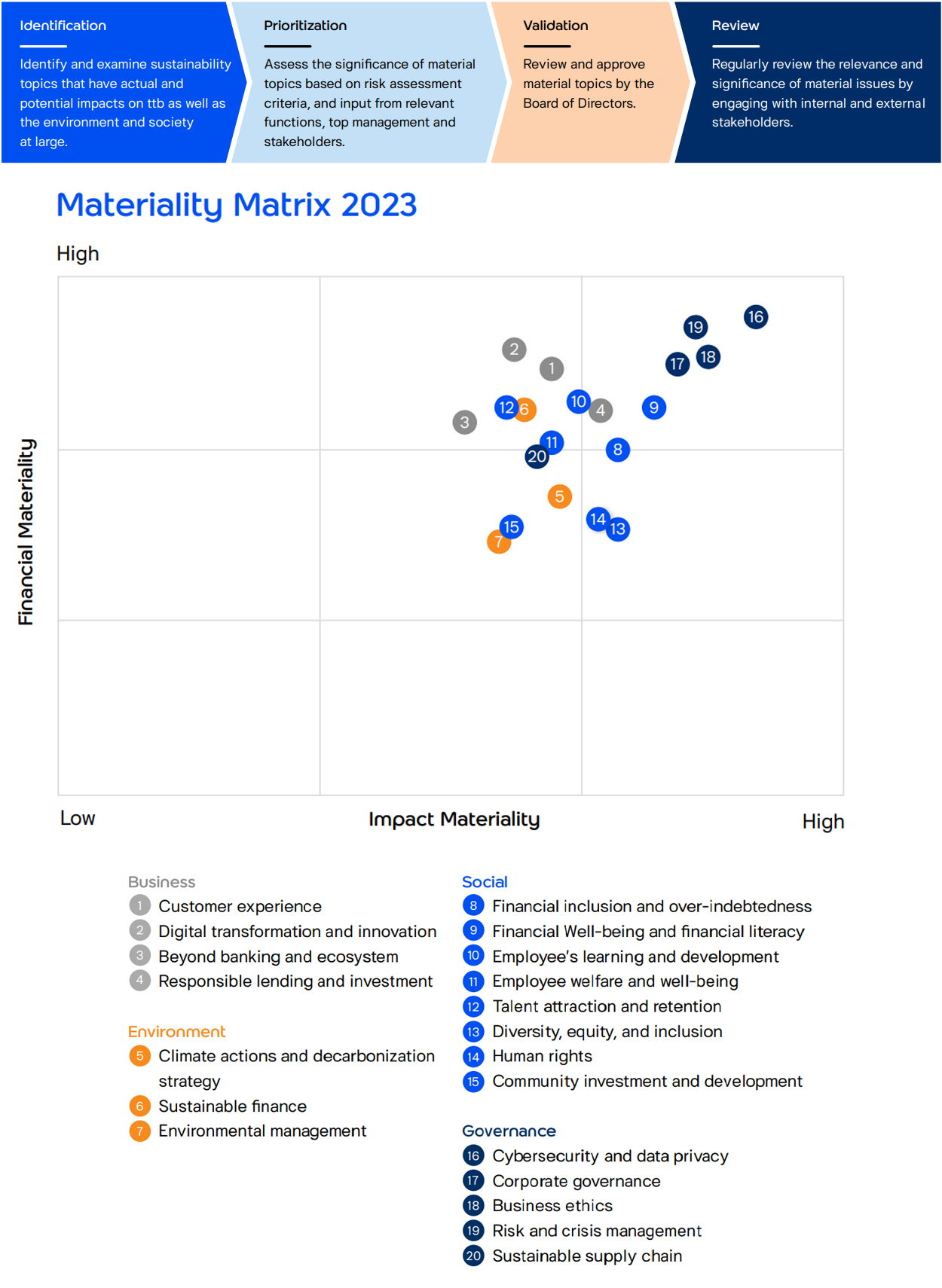We use three types of cookies; necessary cookies, functional cookies, and analytics cookies to improve your website browsing experience, but these cookies are not directly identifiable you as a person. To receive the most relevant offers and benefit, please click the "allow" button for targeting cookies. Learn more about our Cookies Policy.
Suggest Keywords

